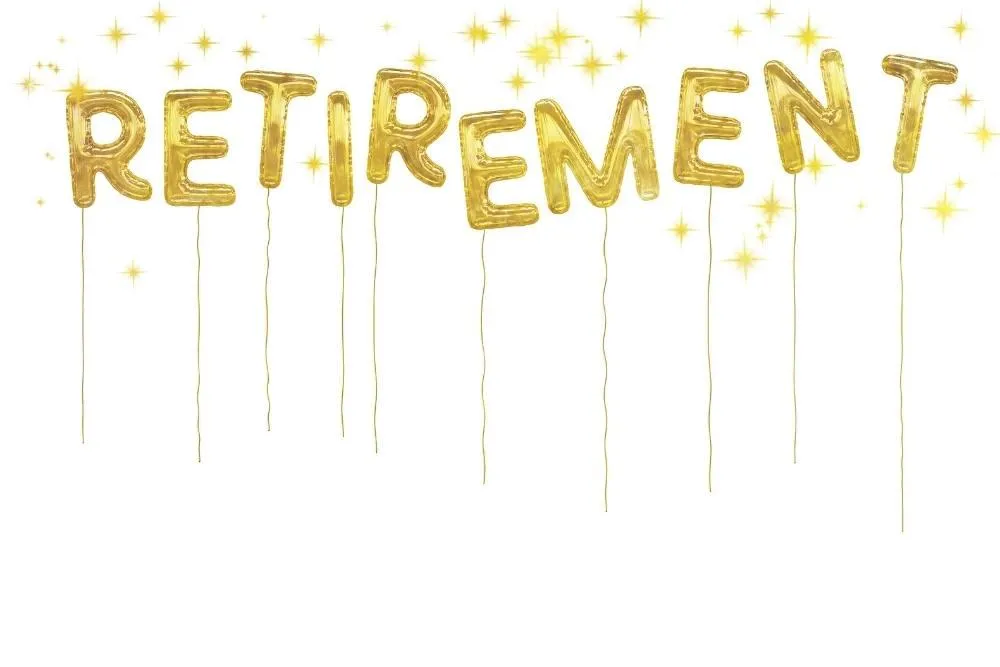Business Owners
Business Owners
Business owners benefit from the ability to shelter growth on corporate invested assets from tax during their lifetime. They are able to access cash for emergencies, provides liquid dollars for business needs such as key person, debts, and buy-sell agreements. They can also use the tax-free proceeds at death to replace assets donated to charity or leave a legacy for heirs and favourite causes. Owners can use retained earnings sitting within a permanent participating life policy to buy back shares. They can borrow or withdraw accumulated dividends directly from the policy. Alternatively, they can use policy values as collateral when applying for a bank loan to fund a share repurchase. It provides an effective mechanism to remove funds from a holding company and can optimize the estate value at death.

Corporate Owned Life Insurance
Enables business owners to grow passive assets and/or surplus profits on a tax-deferred basis. This alternative to a company’s taxable investments is designed to provide a business with a higher tax-free value of the business for the estate or surviving shareholders. It permits a business to benefit from a tax-deferred program with no increased risk, while still permitting access to cash for business needs. One objective of the Corporate Owned Insurance may be to reduce ultimate tax liability realized upon the death of a shareholder. Under current tax laws, when an insured business owner dies, the company receives the proceeds of the policy tax-free and also receives a credit to its capital dividend account for the proceeds minus the adjusted cost basis of the policy. Capital dividends can be paid out to shareholders tax-free.
Key Person Insurance
When a business loses a key person, several things can happen. First and foremost, the business is disrupted as the owners try to assess what has happened and develop a plan of action. This disruption usually causes a drop in sales as the business focus is diffused. As well, sales that have already been made may not be deliverable or may be questionable, causing clients to go elsewhere. Creditors may become concerned and force the company to liquidate assets to pay back loans or, possibly, put it into receivership. Finally, even if the business is able to survive all these factors, it still must replace the skills that were lost, if possible.


Buy/Sell Insurance
By far the easiest and most economical way to fund a buy-sell agreement is with life and disability insurance. Both life and disability income insurance can provide the liquidity to fund a buy-sell agreement at the exact time the funds are needed. If a business owner dies, a life insurance policy guarantees that the liquid funds will be available to fulfill the terms of the agreement. Life insurance policies with cash value that can be used to purchase a retiring partner’s interest.
Insured Retirement Program
An insurance retirement plan allows permanent policy owners to fund their life insurance policies over their initial base premium (cost of insurance, charges, and fees) with the intention of investing toward retirement, to take advantage of the tax-free asset accumulation from within their insurance policies during the accumulation phase, and to implement a series of annual bank loans against the policy for tax-free retirement income.


Immediate Financing Arrangement
An IFA allows the owners of corporations to have their cake and eat it too!
High net-worth (HNW) clients that have strong cash flow have the ability to secure a loan from a financial institution
using the cash value of an exempt insurance policy as collateral. The client
deposits sufficient funds in his or her policy to create an early
cash surrender value (CSV) and applies for the loan.
Interest can be paid on the loan each year and can reduce the costs of funding the policy in two ways: by claiming an interest expense deduction (when the loan is used to generate income); and by claiming a collateral insurance deduction if the policyholder and borrower are the same person. The loan can be repaid at any time, including upon death, by using the insurance proceeds. If the policy is held within a corporation, gross proceeds upon the death of the insured generate a credit to the corporation’s capital dividend account (CDA).
This is a very appealing structure for many reasons; the life insurance coverage continues to grow, the ability to invest the borrowed funds, the credit to the CDA and the tax deductions.

Join Our Newsletter
©2022 Financial Tech Tools Inc.| Privacy Statement and Terms of Use
